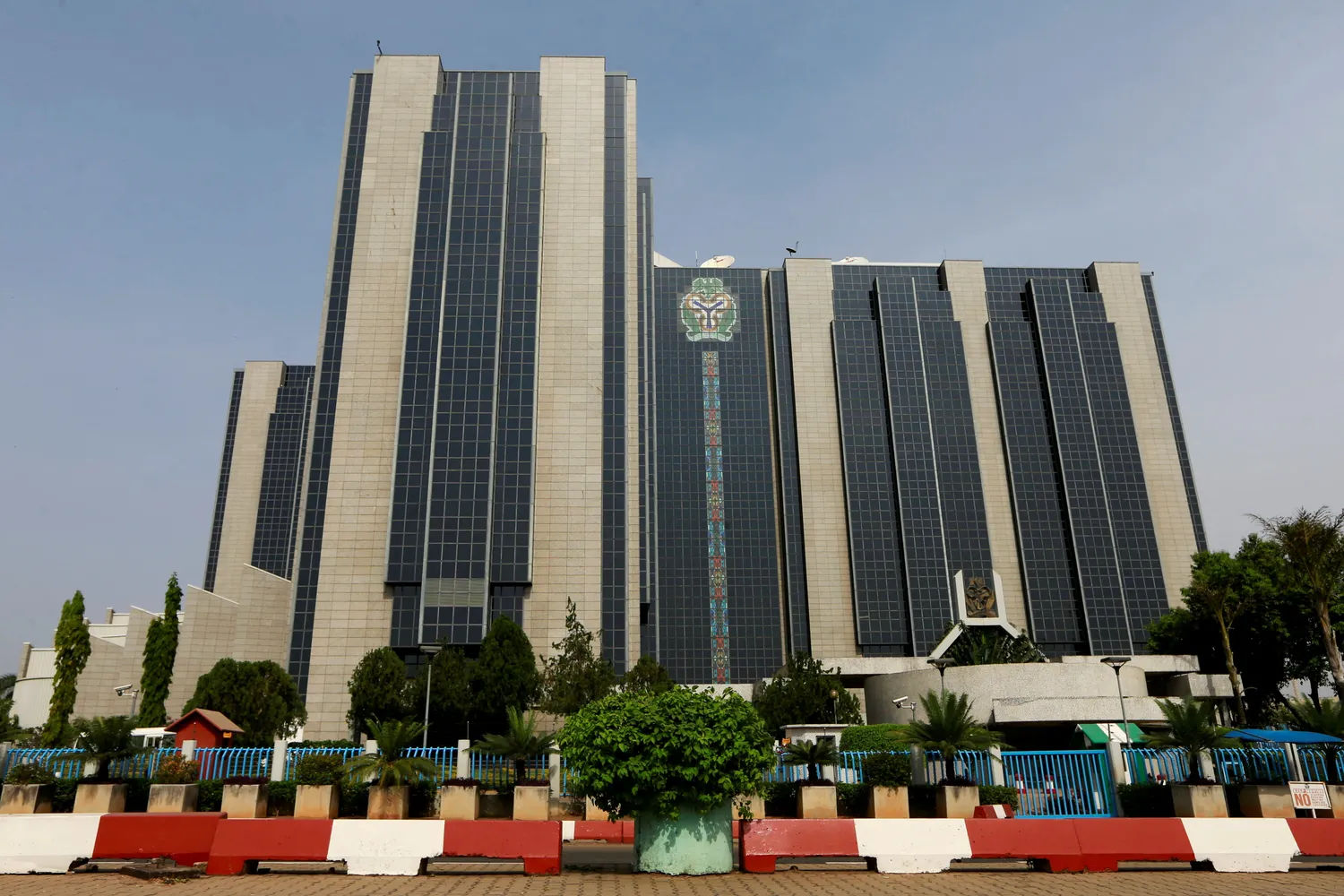The Central Bank of Nigeria (CBN) has announced a number of operational modifications for the Bureau De Change (BDC) segment in an effort to increase the effectiveness of the Nigerian Foreign Exchange Market.
The apex bank in a statement, which was released on August 17, 2023, details steps to improve and streamline the operations of BDCs.
The spread on purchases and sales made by BDC operators are expected to fall within the new framework’s allowable range of -2.5% to +2.5% of the weighted average rate of the Nigerian Foreign Exchange Market Window from the previous day.
How practicable is this mandate amidst the ongoing Forex crisis?
This action by the CBN is anticipated to increase exchange rate stability and transparency, which will eventually be advantageous to both BDC operators and the general public.
Great news if done properly. This means the BDCs will help bridge the gap between interbank rates and parallel market rate, hereby ensuring “stability”.
It will also ensure help to capture more diaspora remittance, injecting the needed liquidity.
The CBN has been improving the inefficiencies in the demand side of things but how will they improve supply? This is the conundrum as experts anticipate the Federal Government’s next move.
BDCs cannot be reinstated without the requisite supply, since the $3 billion by the NNPC won’t be enough to stabilise flow.
Ripples Nigeria had reported, on August 16, that the Nigerian National Petroleum Corporation Limited (NNPCL) secured a $3 billion loan to stabilise the naira.
The Nigerian currency crashed to an all-time low reaching N950 at the parallel market, as a result.
But on Wednesday, the oil firm signed a commitment letter and term sheet with the Afrexim Bank for an emergency $3bn crude oil repayment loan.
Word of caution though:-
If this fails, it will further destroy the naira by allowing dollar get into the wrong hands who will continue their economic sabotage. Withdrawing their license may be too late because the deed would have been done.
If it succeeds, it will stabilize the naira at the very least.
Hard choice here!!.
Price controls have had mixed outcomes in global economics. Some favorable outcomes and some disastrous outcomes (Venezuela).
It is only remiss to analyse the pros and the cons of this mandate:
The pros:
1. BDCs can help increase the supply of foreign exchange in the market, which can help meet the demand for foreign currency and potentially ease pressure on the exchange rate.
2. BDCs are often more accessible to individuals and small businesses for their foreign exchange needs, which can help reduce the pressure on the official foreign exchange market.
3. Working with BDCs will help formalize foreign exchange transactions that might otherwise take place in the informal or black market. This can enhance transparency and accountability.
4. BDCs can introduce competition into the foreign exchange market, which could lead to more competitive exchange rates.
Disadvantages of the mechanism are:
1. Depending on the level of demand and supply, an influx of foreign exchange from BDCs might not be sufficient to significantly impact the exchange rate, especially if there are other factors contributing to the high exchange rate.
2. BDC operations can create opportunities for arbitrage if the official exchange rate and BDC rates differ significantly. This can lead to market distortions and rent-seeking behavior.
3. If not properly managed, increasing the supply of foreign exchange through BDCs could contribute to inflation by increasing the money supply.
4. BDC operations need to be closely regulated to prevent money laundering, illegal activities, and abuse of the system. Ensuring proper regulation and oversight can be a challenge.
5. BDC rates might not always accurately reflect market fundamentals, leading to a disconnect between official exchange rates and BDC rates.
One can only hope the effects are favorable to the economy as the country continues to battle spiraling inflation.




